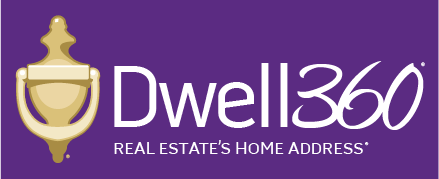Should You Rent Out Your Home? What Greater Boston Homeowners Need to Know
Whether you're traveling for an extended period, moving temporarily, or exploring ways to earn passive income, renting out your home can seem like a smart solution. In Greater Boston's competitive housing market, short term or seasonal rentals are in high demand year round from professionals on temporary assignments to families in between home purchases.
But before you list your property, there are important legal, financial, and logistical considerations to understand. Here’s what every homeowner in the Boston area should know before handing over the keys.
Why Rent Out Your Home
Renting out your home whether for a month, a season, or longer can offer real benefits
Generate income to help offset your mortgage or travel costs
Keep your home occupied while you are away
Meet market demand from short term tenants especially near hospitals universities or public transit
If you live in a desirable, well-connected area like Newton, Brookline, Cambridge, or neighborhoods of Boston such as Jamaica Plain, your home may be especially appealing.
Short Term vs Mid Term Rentals
Short term rentals are generally stays of fewer than 30 days and are often listed on platforms like Airbnb or Vrbo. These types of rentals are heavily regulated in many Massachusetts communities.
But tenants are not limited to tourists. Mid term or seasonal rentals can last one to six months and your property may appeal to a variety of people looking for this type of stay. Demand for mid-length stays in Greater Boston is strong and renters often include:
Medical professionals on assignment
Visiting faculty or academic students
Families relocating to the area
Traveling nurses or medical professionals
Executives on short term job assignments
Homeowners waiting on construction or closing timeline
Each rental type comes with different requirements and considerations.
Legal Considerations in Massachusetts
Whether you’re in Boston proper or a surrounding town you’ll need to understand and comply with local regulations. You can learn more about Boston’s requirement for registering all short term rentals here. Brookline, Newton, and Cambridge each have their own ordinances which may include limits on rental length registration requirements and zoning restrictions. Failing to comply can result in significant fines or even legal action. Check with your local municipality or consult a legal expert to understand your responsibilities.
State Taxes
If you rent your property for fewer than 90 days the Massachusetts, short term rental tax applies. In 2025, the rate is 5.7 percent along with potential local excise taxes. Be sure to consult a tax advisor for guidance, because you must:
Collect and remit taxes
Register with the state Department of Revenue
Report rental income on your taxes
Insurance and Liability Coverage
Renting out your home changes your risk profile. A standard homeowners insurance policy may not cover rental activity, especially short term or repeated use. Proper insurance ensures that you are covered for damage liability and other unexpected issues. To protect yourself, you should:
Talk to your insurance provider
Consider a rider or separate rental property policy
Look into platform specific insurance if using Airbnb or Vrbo
Preparing Your Home for Tenants
Regardless of the time of year, you will want your home to be safe, clean, and easy to use. Creating a seamless experience benefits both you and your guests. Key steps include:
Remove or secure personal belongings and valuables
Provide clear instructions for appliances, WiFi, trash pickup, and emergency contacts
Schedule professional cleaning between tenants
Set expectations in writing including maintenance responsibilities
Do Not Forget HOA or Condo Association Rules
If you live in a condominium or a community with a homeowners association, review their governing documents before you list. Violating association rules can lead to conflict with neighbors fines or legal action. Many associations limit:
Rental duration or frequency
The number of units that can be rented
The need for prior approval or registration
Should You Hire a Real Estate Professional?
Managing a rental property can be time-consuming and complex. A real estate brokerage experienced in temporary and mid-term rentals might help you price and position your home competitively, screen applicants, and handle leases, move-ins, and communication. Dwell360 can refer you to a group that can help you navigate the rental process.
Renting out your home for a short or mid term period can be a great opportunity but it comes with responsibilities. Before you list make sure you:
Understand your local laws
Have the right insurance
Prepare your home carefully
Set clear expectations
Work with professionals when needed
With thoughtful planning and guidance, renting out your home, whether for a month or a few, can be a smart rewarding experience.
Dwell360 is an elite residential real estate firm based in Waban, Massachusetts, servicing the cities and suburbs of metro Boston. Owned by REALTORS Ed Johnston and John Lynch, Dwell360 is a leader in luxury real estate throughout Newton, Needham, Boston, Brookline, and other communities of the greater Boston area and on Cape Cod. Search for homes in Massachusetts or give us a call!



